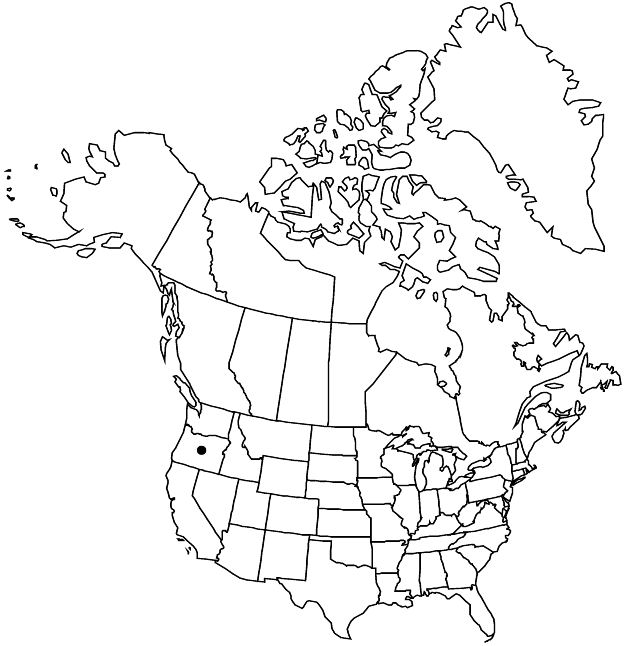Difference between revisions of "Cotoneaster hjelmqvistii"
Watsonia 18: 312. 1991.
FNA>Volume Importer |
FNA>Volume Importer |
||
| Line 28: | Line 28: | ||
|elevation=0–200 m | |elevation=0–200 m | ||
|distribution=Oreg.;Asia (China);introduced also in Europe. | |distribution=Oreg.;Asia (China);introduced also in Europe. | ||
| − | |discussion=<p>Cotoneaster hjelmqvistii was overlooked in the Flora of China (L. Lingdi and A. R. Brach 2003).</p> | + | |discussion=<p><i>Cotoneaster hjelmqvistii</i> was overlooked in the Flora of China (L. Lingdi and A. R. Brach 2003).</p> |
|tables= | |tables= | ||
|references= | |references= | ||
| Line 53: | Line 53: | ||
|publication year=1991 | |publication year=1991 | ||
|special status=Introduced | |special status=Introduced | ||
| − | |source xml=https://jpend@bitbucket.org/aafc-mbb/fna-data-curation.git/src/ | + | |source xml=https://jpend@bitbucket.org/aafc-mbb/fna-data-curation.git/src/8f726806613d60c220dc4493de13607dd3150896/coarse_grained_fna_xml/V9/V9_777.xml |
|subfamily=Rosaceae subfam. Amygdaloideae | |subfamily=Rosaceae subfam. Amygdaloideae | ||
|tribe=Rosaceae tribe Gillenieae | |tribe=Rosaceae tribe Gillenieae | ||
Revision as of 18:19, 18 September 2019
Shrubs, 0.5–1 m. Stems ascending to erect, spreading horizontally, arching; branches usually distichous, brownish red, initially densely strigose. Leaves deciduous; petiole 2–4 mm, pilose; blade broadly elliptic, on vigorous shoots orbiculate, sometimes broadly obovate, concave, 10–18(–25) x 9–15(–25) mm, chartaceous, base obtuse, margins flat, veins 3 or 4(or 5), superficial or slightly sunken, apex obtuse, mucronulate, abaxial surfaces pale green, yellowish pilose-strigose, adaxial vivid light green, shiny, not glaucous, flat between lateral veins, glabrous; fall leaves red to intense red-purple. Inflorescences on fertile shoots 5–25 mm with 3 or 4 leaves, 1–3(or 4)-flowered, compact. Pedicels 0.5–2(–3) mm, glabrescent. Flowers 5–6 mm, open; hypanthium cupulate, glabrescent; sepals: margins villous, apex green and reddish purple, acuminate or acute, surfaces glabrous; petals erect-incurved, dark pink, base red, margins pink; stamens 10–12(–16), filaments red and pale crimson, anthers white; styles 2 or 3. Pomes orange-red, usually broadly obovoid, sometimes subglobose or obovoid, 5.7–6.8[–8] x 4.9–7.2[–8] mm, shiny, not glaucous, glabrous; sepals suberect, margins villous, glabrous; navel open; style remnants 4/5 from base. Pyrenes 2 or 3, distinct.
Phenology: Flowering May; fruiting Oct–Nov.
Habitat: Thickets, wet prairie remnants
Elevation: 0–200 m
Distribution

Oreg., Asia (China), introduced also in Europe.
Discussion
Cotoneaster hjelmqvistii was overlooked in the Flora of China (L. Lingdi and A. R. Brach 2003).
Selected References
None.